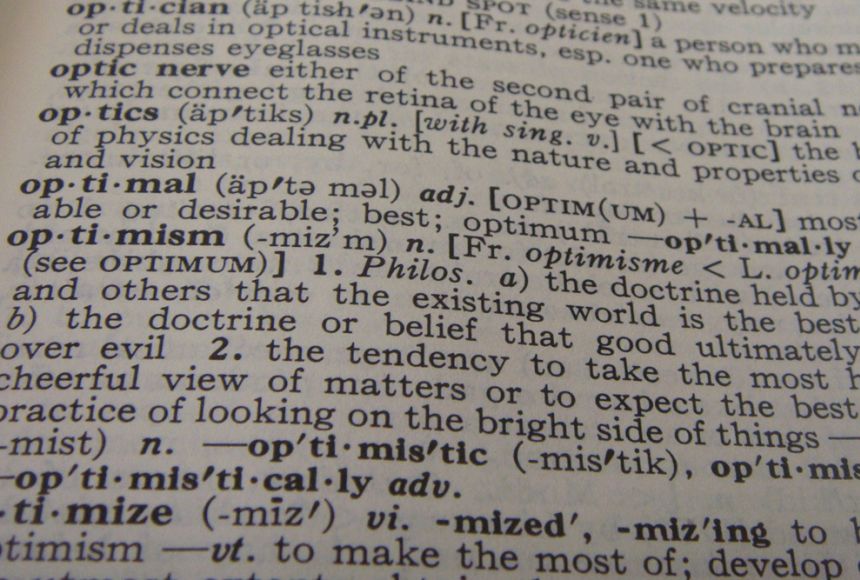When the Oxford Dictionary chose “brain rot” as their word of the year, many adults tilted their heads. What is brain rot? Some adults believe they know what it means, but they never truly can. Gen-Z slang is constantly changing and things get easily outdated. Many parents find themselves trying to communicate with their kids through brain rot terms like “uno reverse card” and “dabbing”. However, stuff like this will only ever get laughter as a response. So, how to keep up?
Simply put, “brain rot” is the term Gen-Z kids use to describe their slang. People call it that because sometimes it sounds like your brain is rotting when you speak it. Brain rot originates mainly from social media (which is rumored to rot your brain), which is also another factor behind its name.
As crazy as it seems, brain rot does have grammatical structure–sometimes–and even not conjugating verbs properly can change their entire meaning.
For example: in Gen-Z terms, “cooking” means not to be making a stew or something, but to be doing well. If you were to say something like: “I’m cooking!” It means that you’re performing great. Yet, if you were to say “Watch me cooking!” That wouldn’t be grammatically correct. You would have to change “cooking” to “cook” just like the regular rules of our language. On the other hand, “cooked” is not the same as cooking or cooking. It follows its own rules. When you say “cooked”, and you’re talking about the future, it means to be screwed. Oppositely, if you’re referring to the past, it’s simply the past tense form of cooking. This doesn’t make sense to most adults, since it can be said as a past tense word but used as a future tense one.
Some terms in brain rot are no different than the normal English language and even follow the same rules. Although you can’t forget there’s a vast majority of outliers. Some words or phrases adults might consider to have a meaning don’t. The word “skididi” comes from the Gen-Z meme “skibidi toilet,” however, skibidi itself doesn’t have a definition. It’s generally positive although it doesn’t mean much.
If you’re an adult reading this, I’m sure your head is spinning right now. But that’s exactly why kids use brain rot so much. It’s simply a secret language derived from the internet–which as it gets more and more advanced, more and more Millennials get lost–that kids use with each other. Anything kids wouldn’t want their parents or teachers to hear them say has a brain rot equivalent. Many words are fairly simple to decode, it’s just that adults don’t know where to start with the extensive slang. Occasionally they’ll pick up little bits of their kids’ conversations, nevertheless by the time they learn how to properly use the terms they heard, it’ll be too late and the Gen-Z world would have moved on.
Oxford chose brain rot as their word of the year because they wanted to “capture concerns about the impact of consuming excessive amounts of low-quality online content, especially on social media.” They also stated how the term brain rot itself had over doubled in usage this year. In the end, they’re trying to alert us to how easily kids can get swallowed into the world of social media. If we are not aware of how much time we spend online, precious moments can easily slip down the drain.












